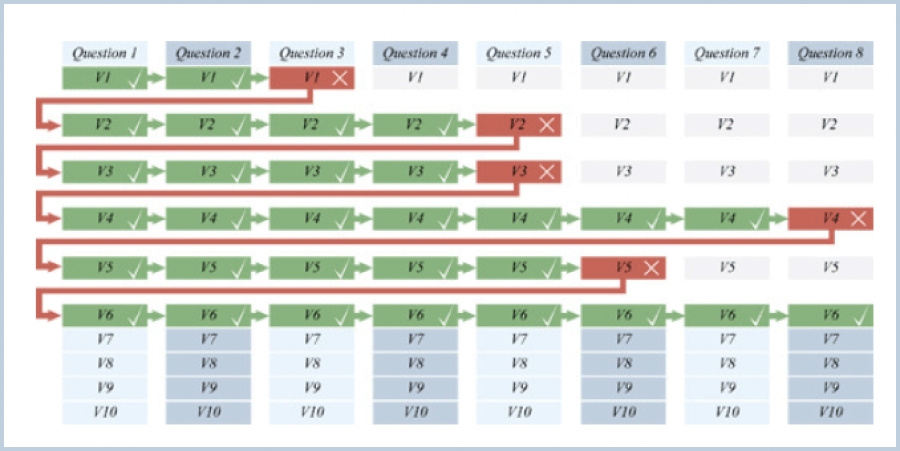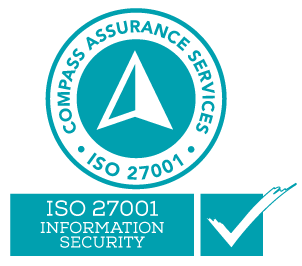Back on 2010 I was involved, with others, in the creation of a report partially funded by Australian Flexible Learning Framework that provides a “Guide for Quality Online Quizzes”. This document was prepared to provide assessors, RTO quality managers, auditors and anyone considering introducing e-learning with advice on the design and security of online quizzes.
The report highlights methodologies that are commonly used to create online tests and quizzes by course developers that result in assessments that are not valid. The report goes on to examine an approach which the authors believed overcame this lack of validity.
In essence, units were broken into a series of tasks with each task having its own assessment, typically with between 8 and 12 questions. The approach taken to ensure validity and integrity while maintaining reliability of the assessments (as explained in the report) is to provide a data bank for each question. Importantly though, each question addresses a specific element or topic. Students are required to achieve 100% in each assessment, and if they get a question incorrect they would be taken to the start of the assessment and presented with a different question on the same element or topic.
While this methodology serves to minimise guessing by the student, it also ensures that the student understands the required knowledge for the entire task.
This report, I believe, is as relevant today as it was in 2010, especially with the focus on validity and authenticity with the White Card course being delivered online.
The report is available HERE


